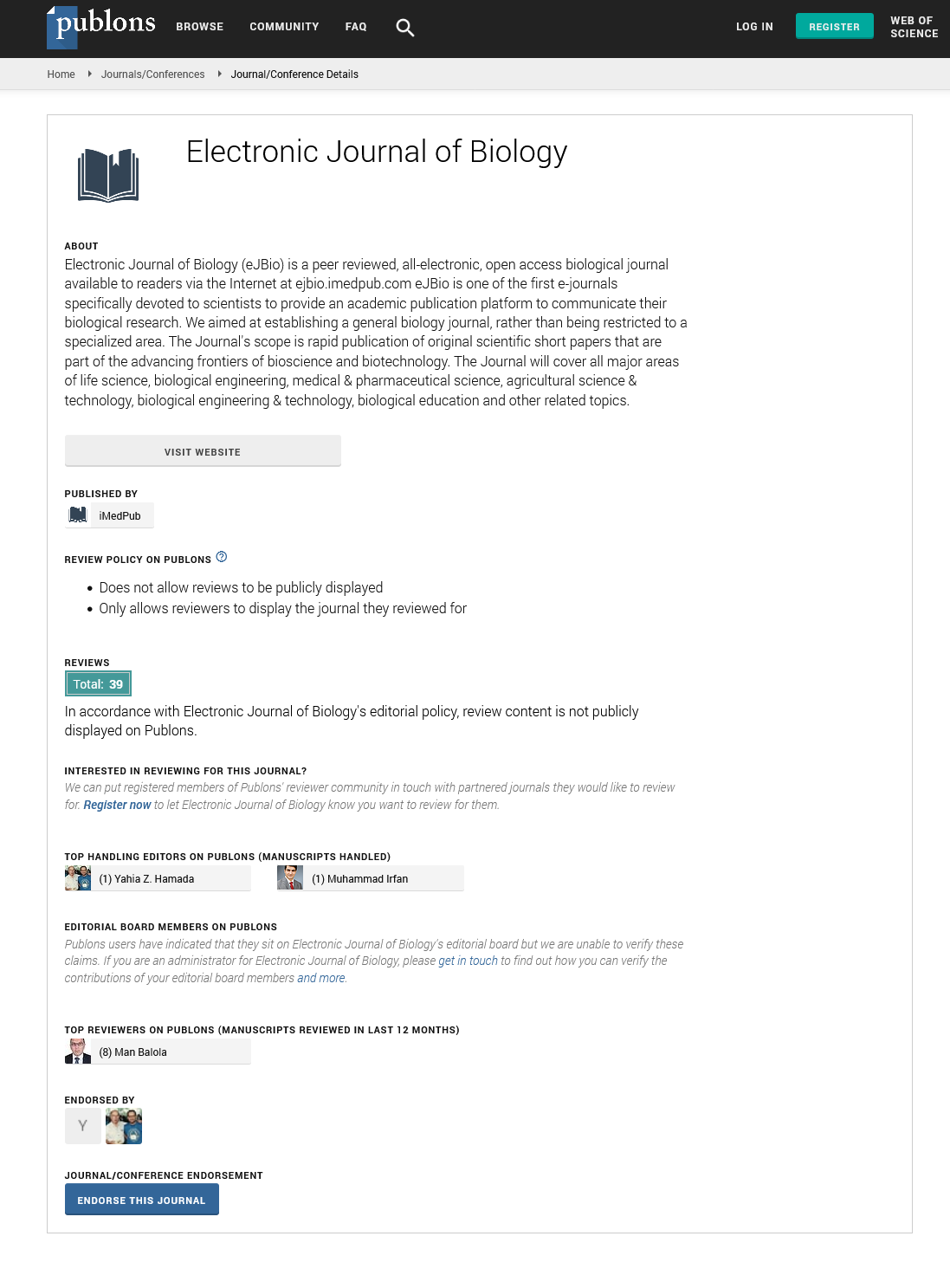Abstract
Investigating the Relationship between Descriptive Evaluation and Self Efficacy of Students of Fourth Grade Elementary School
This study aimed to investigate relationship between quality-descriptive assessment program and selfefficacy of students of fourth grade elementary school. Study is descriptive - correlational. The sample consisted of 58 teachers and 580 students were randomly selected to be a census sampling. Data collection for variables used in this research is descriptive evaluation tools (questionnaires) and the variable self-efficacy (self-efficacy questionnaire Sharar was selected. In addition results were analyzed by using Pearson correlation coefficient. The results show that there is significant positive relationship between uses of tools by teachers with descriptive evaluation of self- efficacy of students by gender. There is significant positive relationship between the use of descriptive evaluation tools by teachers with self-efficacy and academic achievement of students and there is a significant relationship between use of descriptive evaluation tools by male teacher’s selfefficacy and academic achievement of students.
Author(s):
Tayebeh Baluchinejad, Jamileh Al-Nisa Baluchinejad, Masoumeh Baluchinejad, Simin Dehvari, Mohammad Baluchinejad
Abstract | Full-Text | PDF
Share this

Google scholar citation report
Citations : 5001
Electronic Journal of Biology received 5001 citations as per google scholar report
Electronic Journal of Biology peer review process verified at publons
Abstracted/Indexed in
- Google Scholar
- China National Knowledge Infrastructure (CNKI)
- CiteFactor
- Electronic Journals Library
- Zoological Records
- WorldCat
- Proquest Summons
- Publons
- MIAR
- Openaccessarticles.com
- Secret Search Engine Labs
Open Access Journals
- Aquaculture & Veterinary Science
- Chemistry & Chemical Sciences
- Clinical Sciences
- Engineering
- General Science
- Genetics & Molecular Biology
- Health Care & Nursing
- Immunology & Microbiology
- Materials Science
- Mathematics & Physics
- Medical Sciences
- Neurology & Psychiatry
- Oncology & Cancer Science
- Pharmaceutical Sciences


